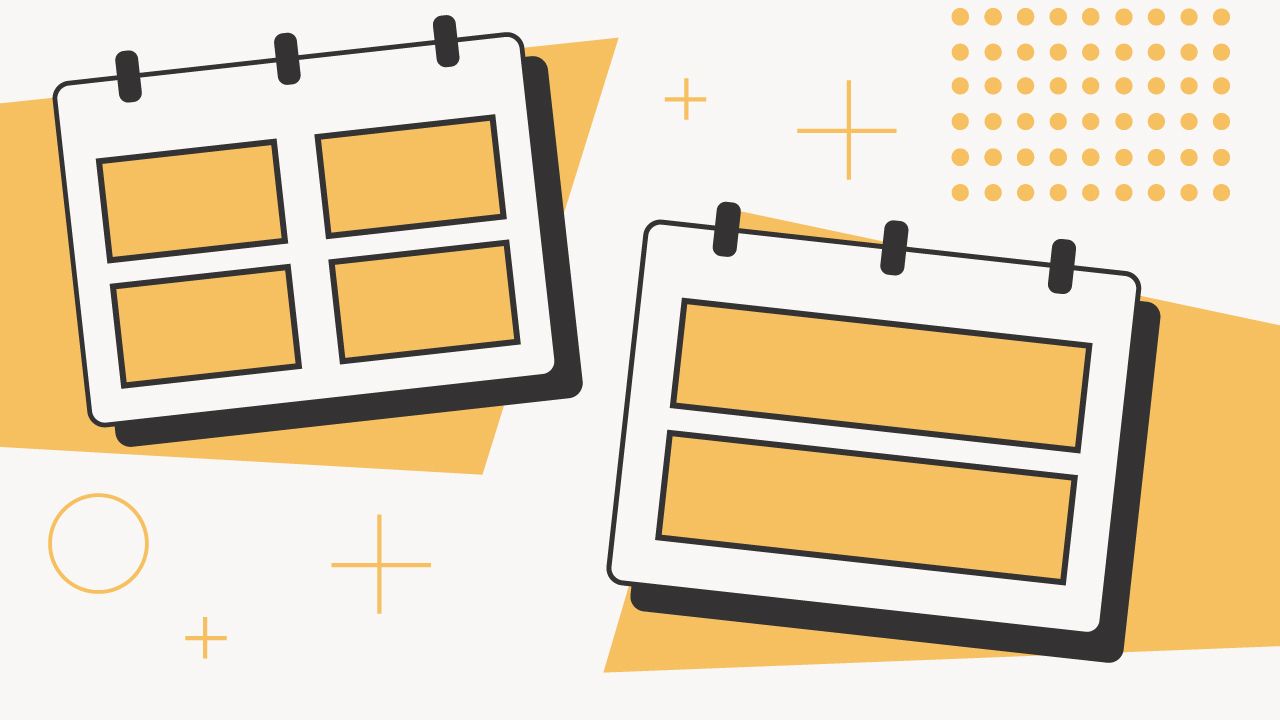
Depending on where you go to school your class schedule may follow a semester system or a quarter system. Each system has its own advantages and disadvantages.
Choosing one that works for you can help you succeed in your academic career. It can give you the flexibility you need to take more classes, change your major, or manage school with other obligations like a job or family.
This article will dive into the differences between these two systems and what you should know about them.
What Is The Difference Between A Quarter System And A Semester System?
The biggest difference between a quarter system and a semester system is how coursework is scheduled. This can affect the number of courses a student takes and how they balance their coursework with other activities like an internship or part-time job.
Semester System
A semester system is the most common system and it’s one students are probably more familiar with. It’s broken down into two 15-week terms with classes going from late August into early May. Students usually have fall break and spring break during each semester as well as a summer and winter break between semesters.
While students can take extra classes during the summer, it isn’t typically part of a full-time student’s course load. Students in a semester system usually take around 15 credits per semester which equals around four or five classes per term.
Quarter System
A quarter system consists of three or four terms, each 10 weeks long. Some schools operating on a quarter system may offer courses all year round while others start the year in September and end in June.
Students typically take three or four classes per quarter or around 12 credits. Even though students in a quarter system take fewer classes per quarter, they can take more spread out across the year. This makes it easier for some students to take more classes per year, allowing them to graduate early if they wish to do so.
The other interesting feature of most quarter system schools is that they start late – typically late September. The also get out later (typically June).
Is A Quarter System Better Than A Semester System?
One system isn’t necessarily better than the other but some students may benefit from the course load of one system over another.
A quarter system allows students to take more courses during the year because there are fewer breaks. This not only makes it possible to graduate early but also makes it easier for some students to repeat a course if necessary.
Because most schools operate under a semester system, this will likely be the default option for many students. Understanding the benefits and drawbacks of each system gives students the option of selecting a school that offers the right system to help them excel academically.
Pros And Cons Of A Quarter System
Pros:
- Smaller course load: With only three or four classes per quarter, the course load of a semester system can make it easier to balance with other obligations like a full-time job.
- Ability to graduate early: Even though a quarter system has fewer classes per quarter, students take more classes throughout the year. This makes it possible to graduate early and even save money in the process.
- Less disruptions: Because the duration of a quarter system is longer, there are fewer breaks between quarters. This reduces disruptions and can make it easier for students who want to stay focused on their studies.
Cons:
- Not compatible with internships or study abroad: Most schools offer a semester system which means the majority of supplemental educational opportunities are designed around semesters rather than quarters. This can make it difficult to pursue an internship or study abroad program, especially if it is offered through another institution that operates on a semester schedule.
Related: Should You Graduate In Three Years
Pros And Cons Of A Semester System
Pros:
- More time in the classroom: Classes taught in a semester system last longer than in a quarter system. This gives students more time to engage with course material, interact with their classmates, and build rapport with their professors.
- Similar to what students already know: Many high schools operate on a semester system. This makes the transition to college smoother.
Cons:
- Difficult to change majors or redo coursework: There’s less flexibility in a semester system. A student might have to wait to change a major or repeat a course if they need to boost their GPA.
How To Transfer Between Systems
Understanding the difference between a quarter system vs. semester system is important because some students might want to transfer to a school offering the opposite system. Depending on how coursework is converted, it can affect a student’s timeline for graduation.
Credits between the two systems are not equivalent. In the quarter system, you spend fewer hours in each class so the credits are worth about 2/3rd of a semester credit. If you transfer from a quarter system to a semester system you may have to take some classes over to earn full credit.
Bottom Line
The semester system is the default option for most students but that doesn’t mean it’s the best option. The quarter system allows students to take fewer courses at a time, but spread out throughout the year. This can make it easier to balance other obligations or graduate earlier. With this option, some students who would benefit from greater flexibility can seek out a school that offers a quarter system to better suit their needs.






